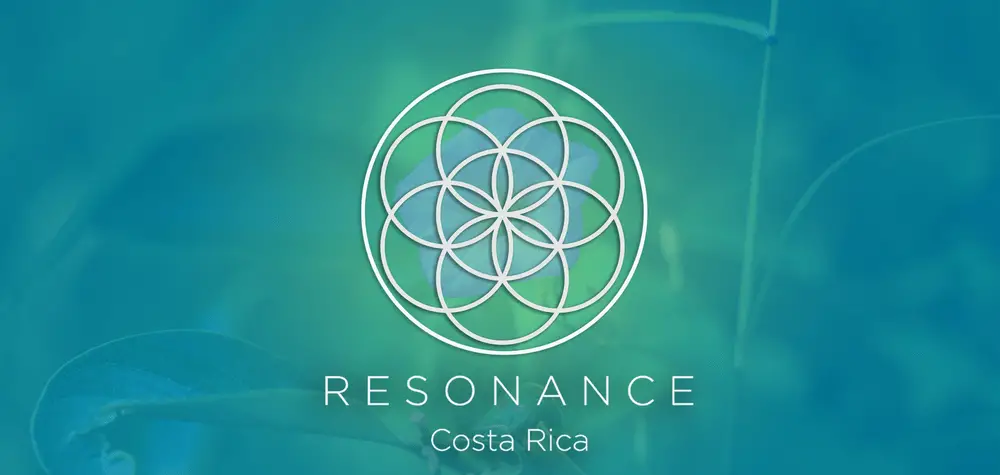In the serene lands of Costa Rica, where the whisper of the rainforest meets the murmur of the sea, a tempest brews—a tempest of violence and crime that shatters the nation’s once tranquil existence. On January 30, the leaders of Costa Rica’s tripartite government convened in a solemn assembly, not in the hallowed halls of a grand theatre, but against the backdrop of a nation under siege by its own burgeoning insecurity. This gathering was not for pomp or ceremony but to unfurl a decalogue of measures aimed at staunching the bleeding of a nation caught in the throes of a security crisis.
The centerpiece of their strategy? A series of reforms that, while ambitious, skirt around the edges of the quagmire without plunging into its depths. These include the toughening of prison sentences, widening the net to ensnare minors in the prosecutorial process, and even stripping naturalized citizens of their newly acquired status should they be convicted of drug-related offenses.
Yet, as the ink dries on these proposals, there lingers a sense of unease, a foreboding that the real villains—budget shortfalls and the root causes of crime—remain at large, untouched by the stroke of a pen.
This sense of unease is not unfounded. Just days before this announcement, Limón, a picturesque port city turned drug-trafficking haven, was rocked by a spate of murders that claimed 14 lives, including that of a police officer. This incident is not an isolated tragedy but a symptom of a larger malaise. With homicide rates soaring to 17.2 per 100,000 people in 2023—a staggering 38% increase from the previous year—the specter of violence looms larger than ever over Costa Rica.
The populace’s faith in their government’s ability to protect them is waning, with a significant majority expressing “little” or “no trust” in their leaders’ crime-fighting capabilities. “Costa Rica has never experienced levels of violence like today,” laments Manuel Garro Chacón, echoing the sentiment of a nation yearning for peace.
Despite the gravity of the situation, the proposed measures, focused largely on punitive actions, fail to address the systemic issues that fuel the crisis. Karen Jiménez Morales, a prominent voice in police sciences, argues that the solution transcends mere penal severity. It requires a holistic approach that encompasses not only law enforcement but also social welfare, education, and employment opportunities.
The government’s initial response, the launch of the Costa Rica Segura plan, promised new officers and patrol cars yet fell victim to budgetary constraints, leaving the police force ill-equipped to confront the challenges they face daily. As patrol cars gather dust and officers tread in worn boots, the specter of corruption finds fertile ground, further complicating an already dire situation.
The implications of this crisis extend beyond the immediate threats of violence and crime. They touch on the very fabric of society, as evidenced by rising school dropout rates and youth unemployment. These are not mere statistics; they are a clarion call for a comprehensive strategy that addresses the underlying issues fueling the crisis.
As Costa Rica stands at this crossroads, the path forward is fraught with challenges. Yet, it is also an opportunity—an opportunity to reimagine its approach to security, to weave a tapestry of measures that address not just the symptoms but the root causes of the crisis. For in the quest for safety, the true victory lies not in the might of the law but in the strength of the community.
Source link
admin



